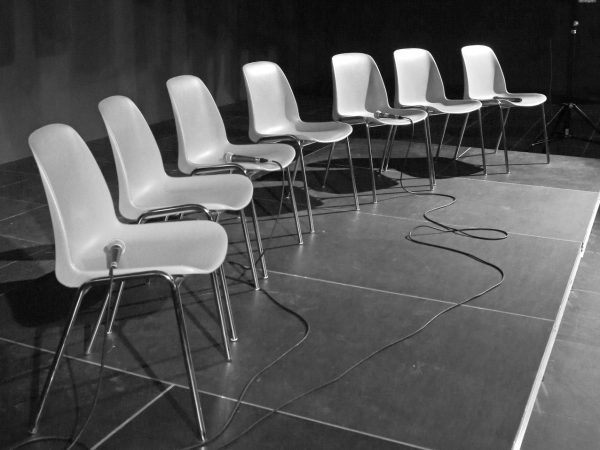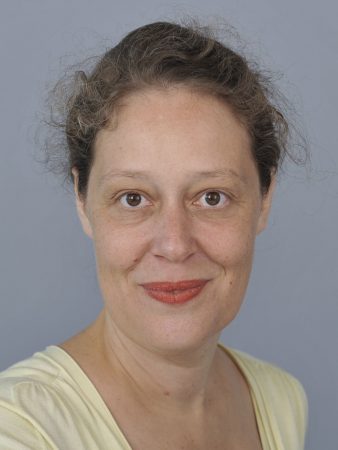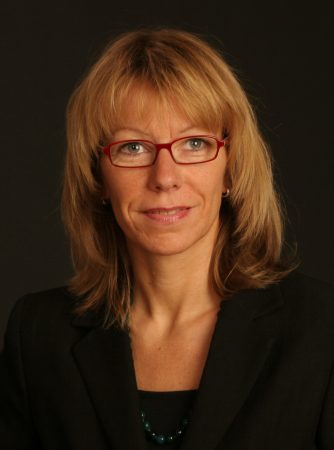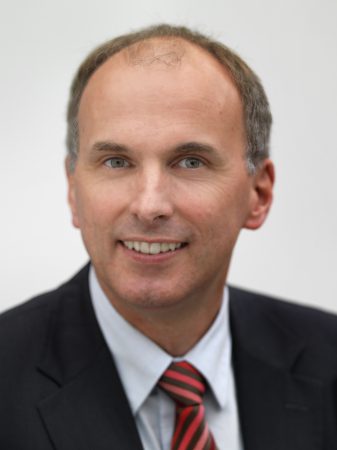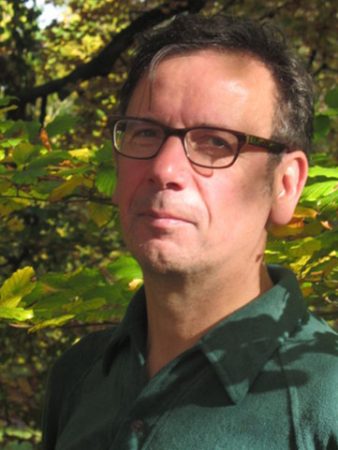Panel Discussion: Organ Donation in a Time of Crisis?
12.06.2014
with Christina Berndt (Science Reporter, Süddeutsche Zeitung), Antje Kahl (Senior Researcher, Research Project “Death and Dead Bodies”), Alexandra Manzei (Social Scientist and Public Health Expert, Philosophisch-Theologische Hochschule Vallendar), Axel Rahmel (Chairman of the German Organ Transplantation Foundation)
Moderation: Hubert Knoblauch (Codirector, Research Project “Death and Dead Bodies”)
Two events from the summer of 2012 led to changes in postmortem organ donation. First, a new law was passed in May 2012 in Germany. The stated goal of this initiative was to raise the number of organ donors. The regulation that has since applied, the so-called “decision solution” is based on the autonomous judgement and intent of the citizen and the assumption that they are informed by institutions such as health insurance companies. State institutions or interest groups intend not only to provide information on organ donation but also to document citizens’ attitudes towards organ donation. In June 2012, shortly after this new regulation of the Transplantation Law was passed, the first reports came out in the media on irregularities in the process of assigning available organs, and such reports have continued since. Following this public exposure, known in the media as the organ donation scandal, the German Organ Transplantation Foundation has repeatedly and emphatically warned about the danger of a decrease in organ donors. The sinking numbers of organ donors since 2012 seems to confirm these fears. The panel “Organ Donation in a Time of Crisis” discussed the situation of postmortem organ donation in Germany at that time.
Science reporter Christina Berndt has worked for the Süddeutsche Zeitung since 2002 and writes on medicine and research. She studied biochemistry at the University of Hannover and Witten/Herdecke and subsequently received her doctorate from the University of Heidelberg. She became known for breaking the organ donation scandal in 2012, for which she received the renowned Wächter Award of the German Daily Press.
Antje Kahl is a senior researcher at the Institute for Sociology and a researcher for the research project “Death and Dead Bodies. Transmortality.” She studied sociology and modern history at the TU Berlin.
Alexandra Manzei is a sociologist and public health expert at the Philosophisch-Theologische Hochschule Vallendar. Manzei worked as an intensive care nurse for fifteen years, and during this time she cared for many brain-dead patients who were readied for organs removal. She began to study sociology and philosophy on her spare time, finishing her doctorate on the topic of transplantation medicine in 2002.
Since 2014 Axel Rahmel has been a member of the medical board of the German Organ Transplantation Foundation. Prior to this, the cardiologist worked for eight years as Medical Director of Eurotransplant.
Hubert Knoblauch is Professor for Theories of Contemporary Society in the Department of General Sociology at the Technical University Berlin. He also heads the subproject II “Practice and Social Knowledge in Autopsy” in the research project “Death and Dead Bodies. Transmortality.” He studied sociology, philosophy, and history at the Universities of Constance and Brighton. After several intermediary posts, he did his habilitation thesis at the University of Constance.

